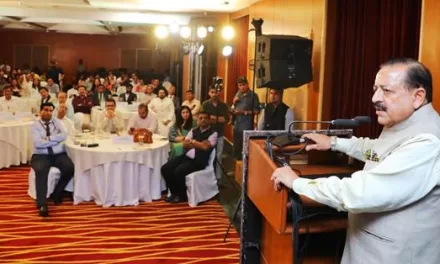Kinshasa – World Health Organization (WHO) is deploying experts to support health authorities in the Democratic Republic of the Congo carry out further investigations to determine the cause of a yet undiagnosed disease that has been reported in Panzi, a locality in Kwango province in the southwest of the country. Laboratory tests are being conducted to determine the cause.
The WHO experts are joining the National Rapid Response Team and are on their way to Panzi. The team comprises epidemiologists, clinicians, laboratory technicians and infection prevention and control, and risk communication experts. An initial local WHO team has been supporting the health authorities in Kwango since the end of November to reinforce disease surveillance and identify cases.
The experts being deployed are also delivering essential medicines, diagnostic and sample collection kits to help rapidly analyse and determine the cause of the illness. The team will focus on strengthening response measures such as epidemiological investigation and collection of samples for testing, active case finding, treatment and public awareness activities. The team will also work with community leaders to support disease surveillance and promote measures to prevent infection and to identify and report further cases.
“Our priority is to provide effective support to the affected families and communities. All efforts are underway to identify the cause of the illness, understand its modes of transmission and ensure appropriate response as swiftly as possible,” said Dr Matshidiso Moeti, WHO Regional Director for Africa.
According to the Ministry of Public Health, 394 cases and 30 deaths have been reported so far in Panzi health zone. Symptoms of the illness include headache, cough, fever, breathing difficulties and anaemia. Until laboratory test results are received, the cause is unclear.
Panzi is a rural community located more than 700 km from the capital Kinshasa. Access by road is difficult and communication network is limited. So far, the disease has been reported in seven of the 30 health zones in Kwango province. Most cases are reported in three of the seven affected health zones. A respiratory pathogen such as Influenza or COVID-19 is being investigated as a possible cause, as well as malaria, measles and others.
WHO will share more information about efforts to identify the disease as soon as available.












